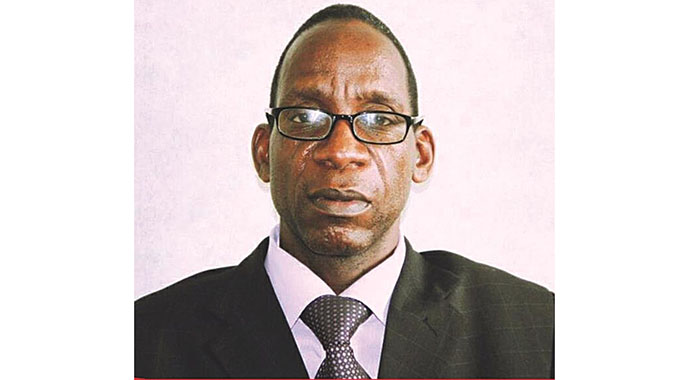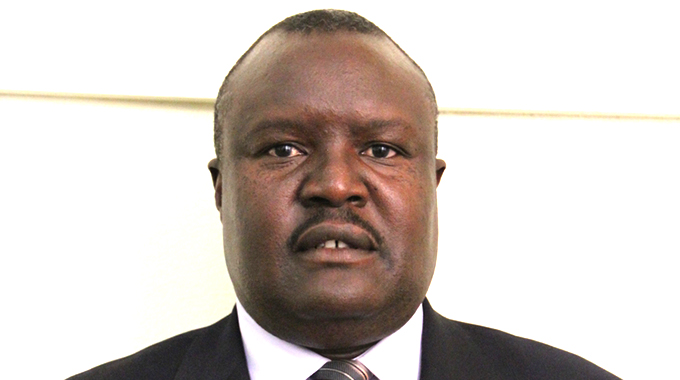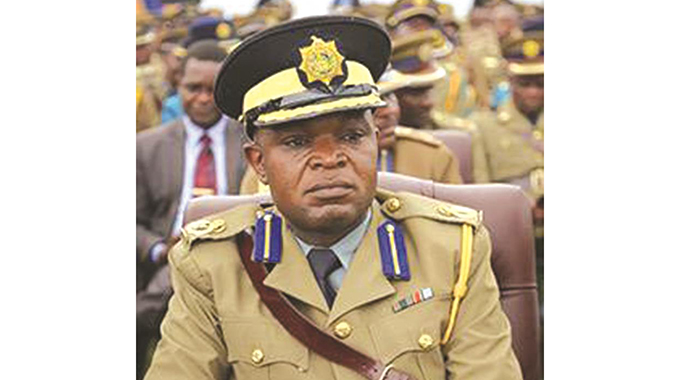POLAD calls for Braille during elections

Herald Reporter
Political Actors Dialogue (Polad) principals have called on the Zimbabwe Electoral Commission (ZEC) to make provisions for Braille voting so that the blind can also vote in secret.
The principals also called for an age restriction of 70 years for voters who require assistance on voting on the account of illiteracy.
This came out yesterday when POLAD members met in Harare for an extraordinary meeting aimed at coming up with proposals to be include in the electoral reform.
Briefing the media after meeting POLAD spokesman and National Constitutional Assembly (NCA) party leader, Dr Lovemore Madhuku said there was need to strengthen the electoral processes.
He said POLAD was committed to dialogue with the intention of resolving the issues affecting the nation, in particular electoral reforms.
“Blind voters like all other voters are entitled to exercise their right to vote in secret. The Electoral Act must have specific provision that makes it mandatory for ZEC to provide for Braille voting,” he said.
Dr Madhuku also said POLAD had proposed that there be restrictions on assisted voters.
“Assisted voting on account of illiteracy to be restricted to voters above 70 years. There does not appear to be any person in Zimbabwe who is below 70 years’ old who is illiterate or so illiterate as to be unable to cast a vote.
“Accordingly, assisted voters must be restricted to persons who are above 70 years of age. All other category of persons who require assistance to vote, should be allowed to be assisted by a person of choice,” he said.
On the issue of female quota, POLAD proposed that the 30 percent female quota in local authorities recently introduced by the Constitution be provided for in the Electoral Act in time for 2023.
“The Constitution now provides for a 30 percent female quota in respect of councillors for local authorities but the Electoral Act has not yet made provision for how the female quota is to be filled.
“It is proposed that this be done immediately and that the formula currently being used for the female quota in Parliament be used subject to the following difference: the party list of each contesting political party must be headed by a woman who is either less than 35 years of age or is living with disability,” he said.
Some of the proposals include the need to have all election-related laws to be in the Electoral Act, the change of nomination of candidates from one day to over a five-day period, with each successful candidate being given a nomination certificate as soon as she or he satisfies the nomination requirements.
“The nomination court will have a special sitting on the last day to announce the list of successful candidates. The number of nominators for Presidential candidates be increased from 100 to 200, with the nominators being from at least five provinces.
“The current system requires a presidential candidate to be nominated by a minimum of 10 voters from each province, making a minimum total of 100.
“Best practice suggests that it would be desirable to increase the minimum number to 200 with the nominators being from at least five provinces,” he said.
He said ZEC must be obliged by a specific provision of the Electoral Act to inform voters through the print and electronic public media of the names of candidates.
“The Electoral Act must oblige ZEC to keep making public announcements of the names of candidates on a regular basis, in the manner that they appear on the ballot paper say once every week for the last six weeks of the election season,” he said.
Other proposals include having ballot papers with a single vertical column of names of candidates in alphabetic order of surnames, whatever the length and that the election management bodies must not have a discretion on the shape or appearance of the ballot paper, announcement of results within 72 hours and that the Electoral Act have a specific provision giving each political party fielding candidates in an election a free statutory two-hour period on each public media platform to propagate its campaign message and a minimum of five articles.
“ZEC regulations must be promulgated at least six months before the elections. Any regulations that ZEC is mandated by law to promulgate to govern a general election must be promulgated at least six months before the election.
“Access to the public media during an election season must be provided for in the Electoral Act and not the Broadcasting Services Act.
“State funding of political parties must be widened to promote a multi-party democracy,” said Dr Madhuku.







Comments